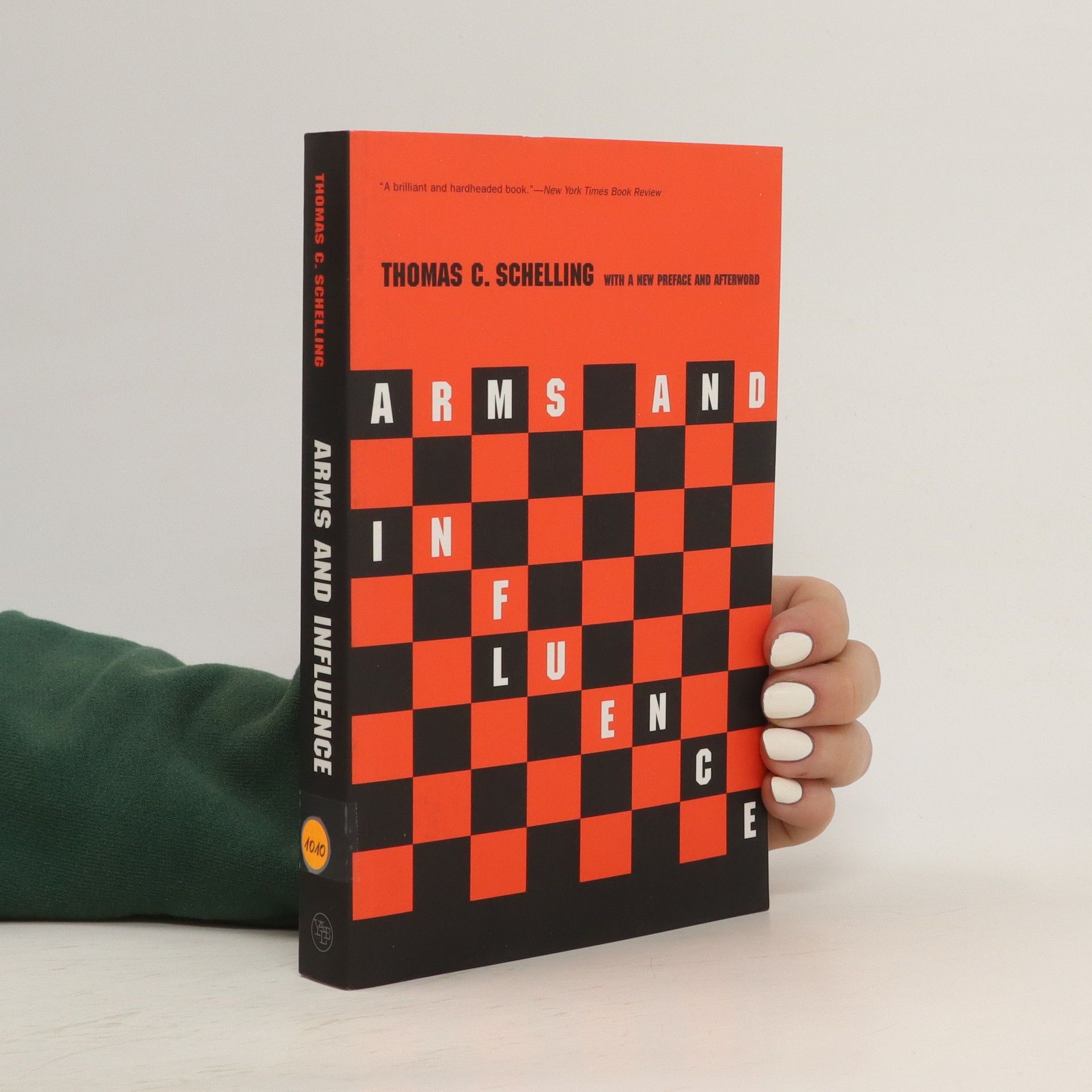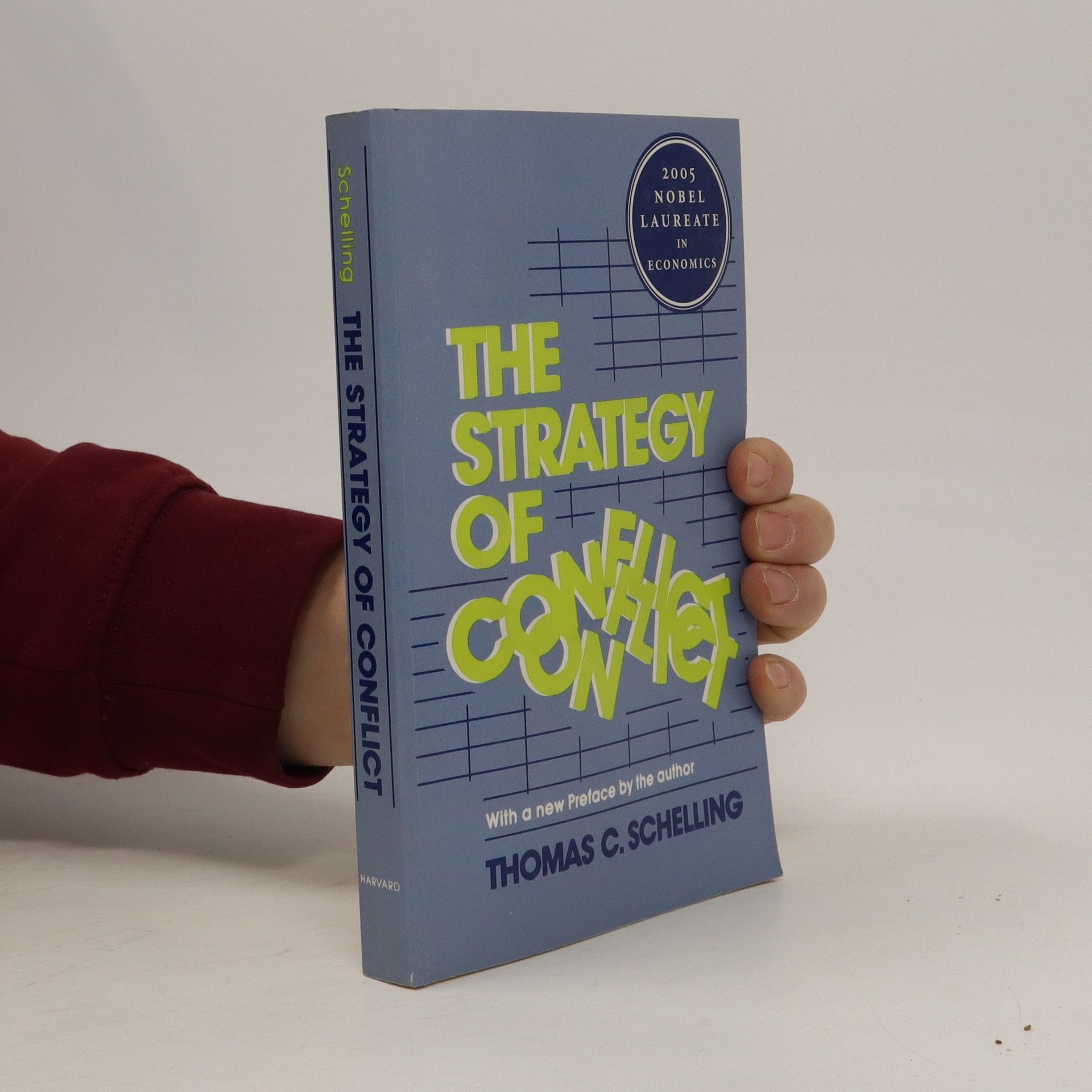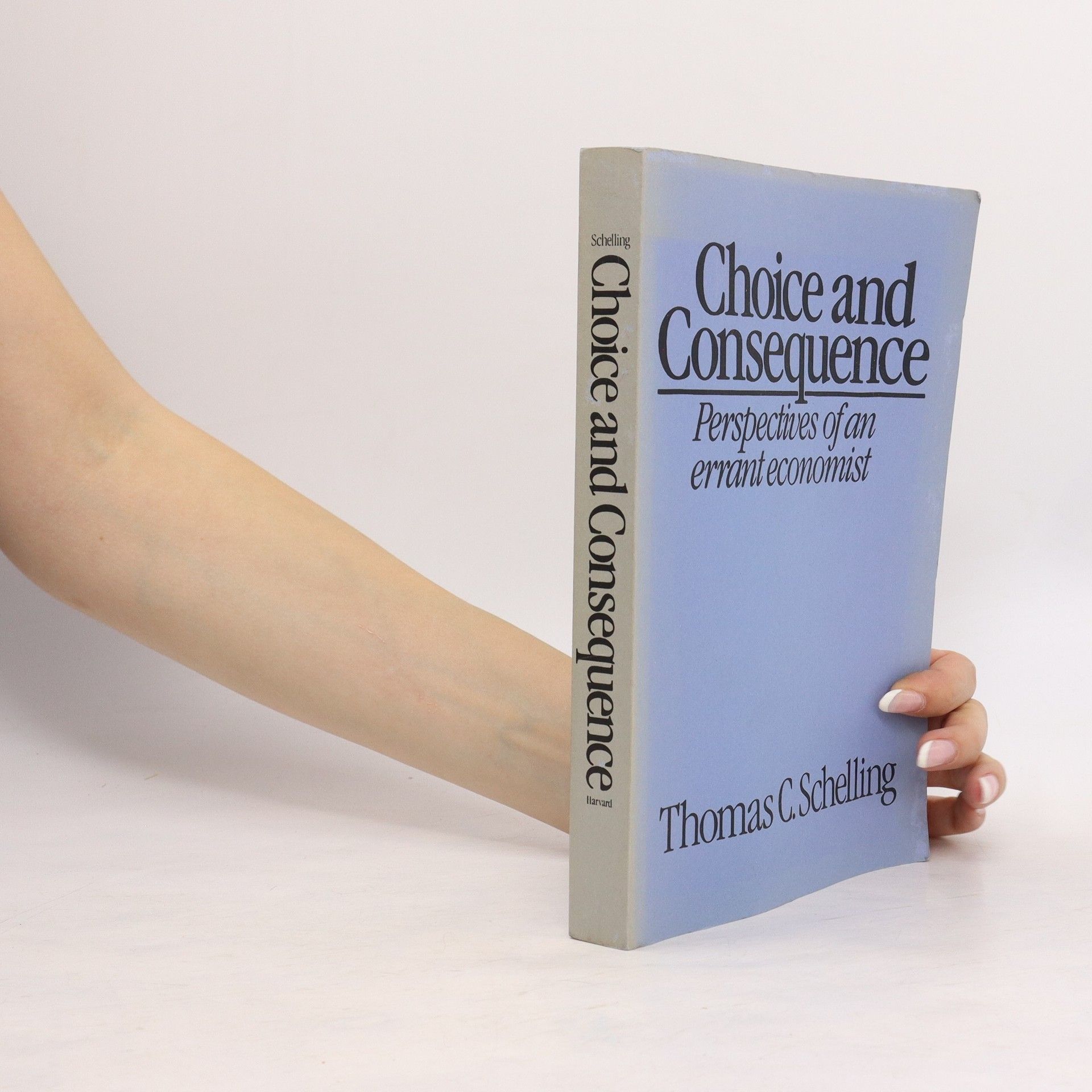Choice and Consequence
- 379 pages
- 14 hours of reading
In Choice and Consequence, Thomas Schelling ventures where rationality is ambiguous, exploring topics as awesome as nuclear terrorism, as sordid as blackmail, as ineffable as daydreaming, as intimidating as euthanasia. He examines ethical issues wrapped up in economics, and discloses ethical issues that are misplaced or misidentified.



